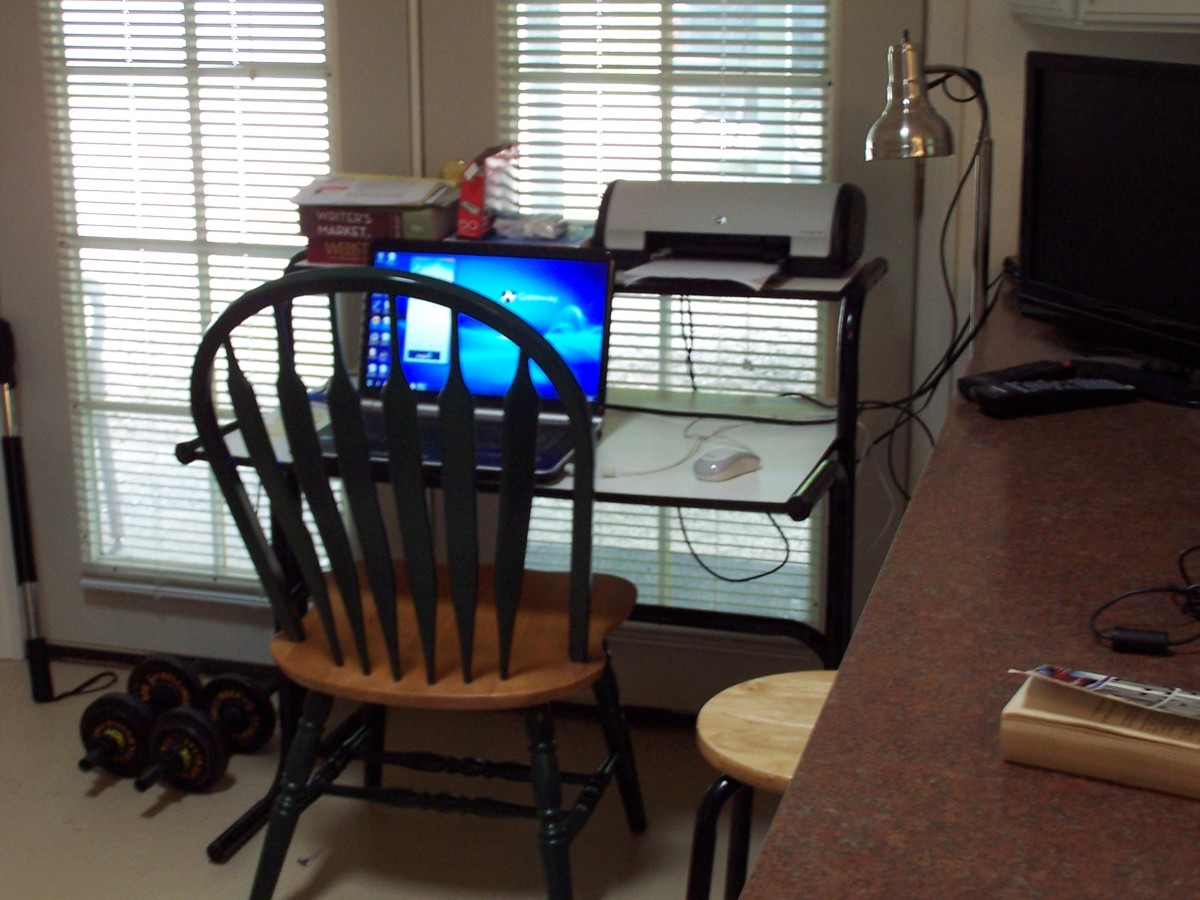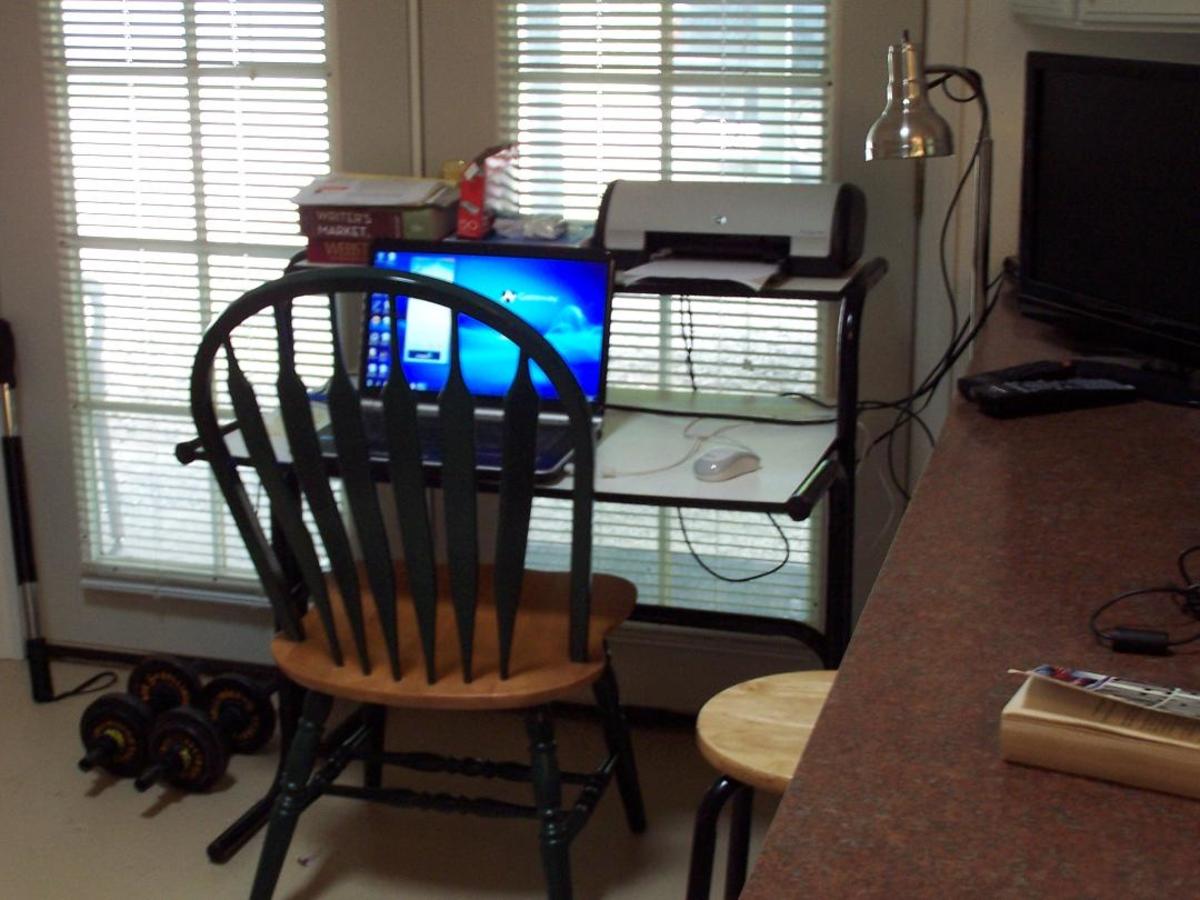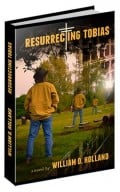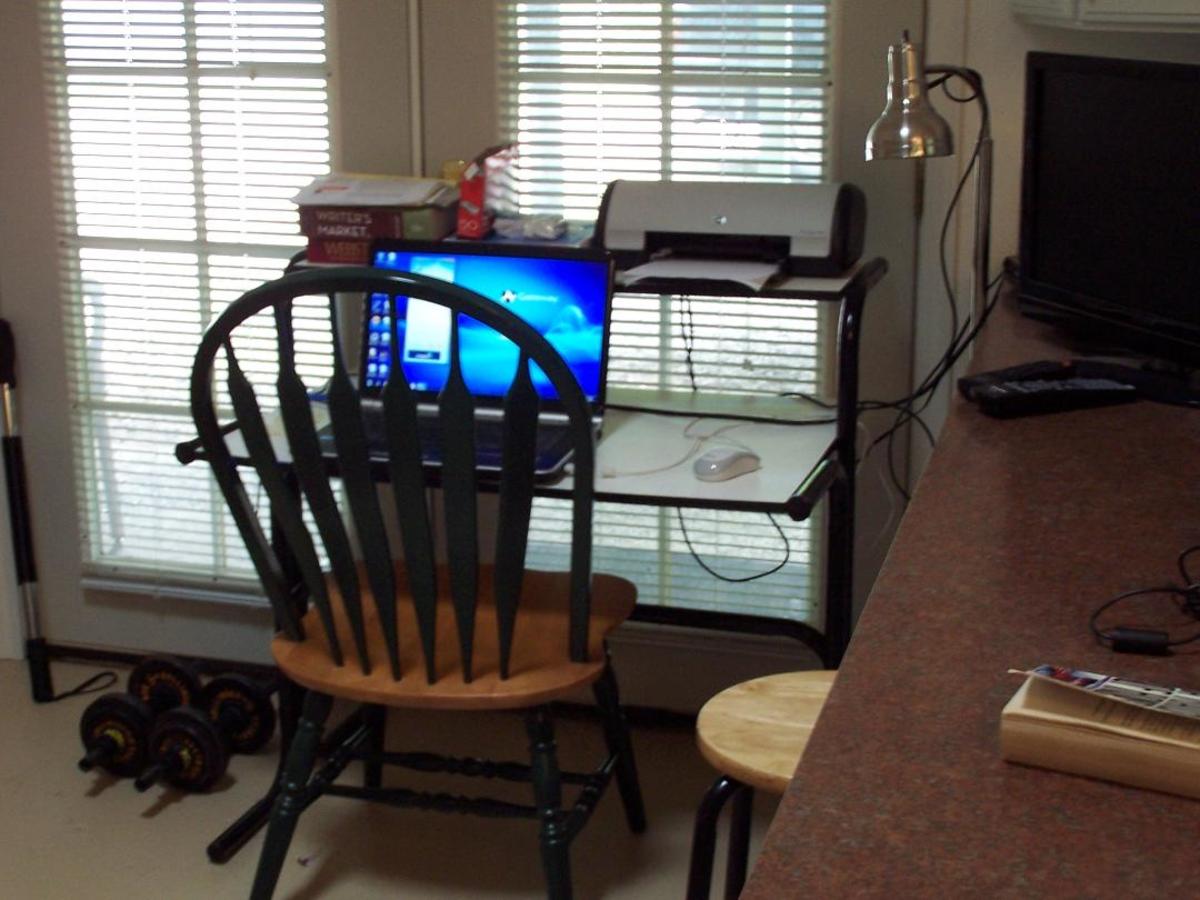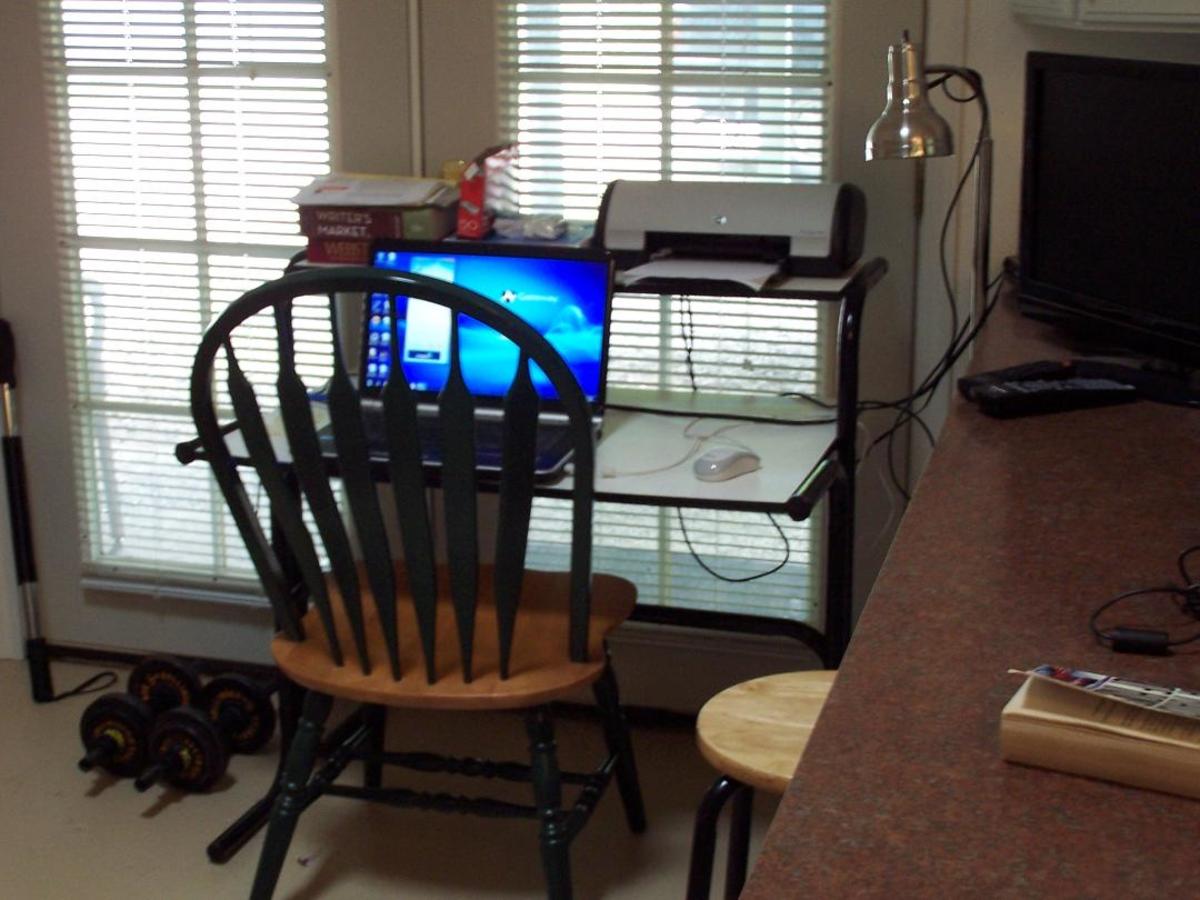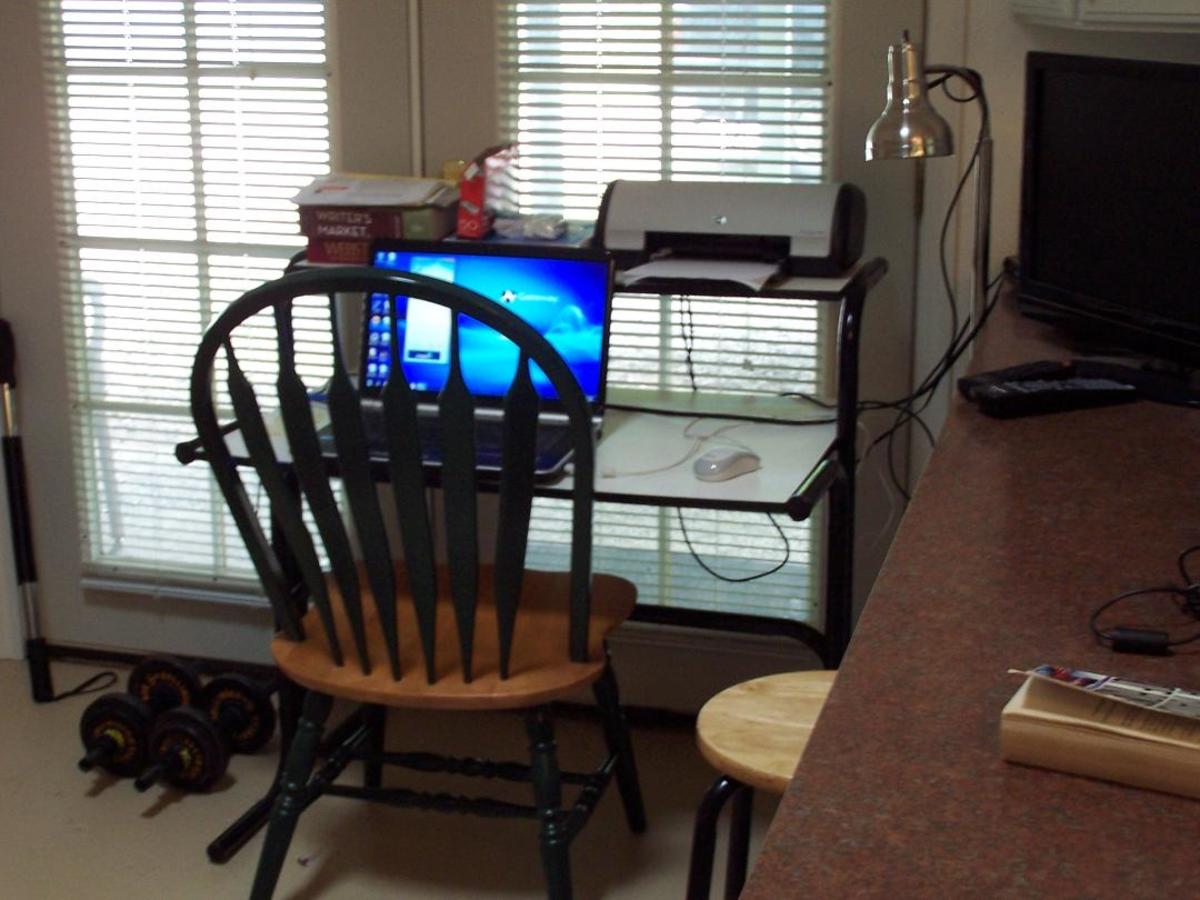The Writer's Mailbag: Installment Sixteen
And Here We Go Again
The wildly popular question and answer series continues. Well, okay, maybe not wildly popular, but this writer can dream, can’t he?
As long as I’m having fun then we’ll continue with these installments. Hopefully, in time, the rest of you will have fun as well.
So let’s get started. I received some great questions this week, and I supplied some almost-great answers, so let’s take a look at them all.
For those of you unfamiliar with the format, you ask questions and I answer them. You can ask them in the comment section below, or you can ask them on my website at www.williamdhollandauthor.com. Either way works for me and will work for you.
It is time, then, to begin.
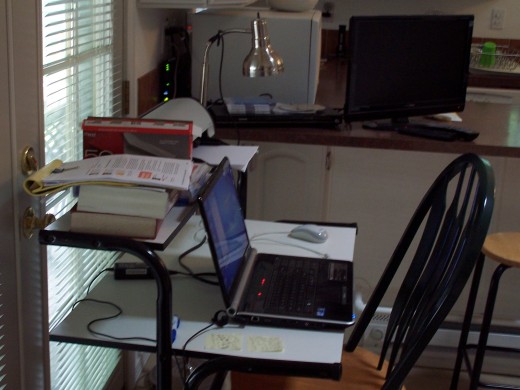
Judging a Book By Its Cover
From Brenda: “Bill, how important do you consider the cover of a book to be?”
Very!
Next question, please.
Okay, I’ll be serious.
The first thing a potential book-buyer sees when they are perusing the bookshelves is the cover. If they like the cover they will pick up the book and read the synopsis on the inside of the front cover. If they like the synopsis they will open to the first page and read a few paragraphs, and if they like those paragraphs they will buy the book.
What was the first step in that process?
The cover!
If you are self-publishing, which Brenda is doing, then either pay to have the cover professionally designed, or do it yourself in a professional manner, but spend time on the cover and treat it with the importance that it deserves.
Business License
From Melanie: “I was wondering, if I make money (but not much) writing and doing surveys, then do I need to get a business license? When I did my taxes and put the amount I made in, it asked for my business license, but I don't have one.”
This is another of those questions that has no easy answer. Let’s start this discussion by saying I am not a lawyer or tax expert. What I’m going to tell you here is based on my own experience and the limited research I have done on this subject.
Suggestion #1: check your local and state laws regarding licensing. In many cities, and I would dare to say most cities, a freelance writer who writes under their own name, and not a business name, does not need a business license. That doesn’t mean they don’t have to pay taxes; it simply means they are not a formal business. You still claim income on your income tax statement, but you list it as miscellaneous income and use your social security number as your business identification number. I have been a freelancer for three years now, and I do not have a business license. I have filed my tax reports claiming income, and have never been questioned about it. I suspect, however, if I were wildly famous, and making millions, then I would be noticed by the IRS rather quickly.
The IRS doesn’t really care what you call yourself, as long as they get their tax dollars. The ones who care are your local governments who collect the licensing fees….so…what they don’t know won’t hurt them…or play it safe…there are arguments for both approaches.
Having said all that, I am going to get an individual business license in the near future. Call it playing it safe if you will. Call it a desperate search for legitimacy. Call it whatever you like, but I’ll feel better having one. I say individual business license because my wife and I do have a business license for our “publishing company,” Mutare Enterprises….so you might say I’m playing it both ways in this discussion.
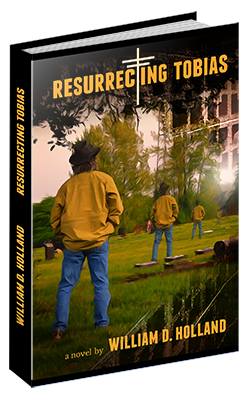
Does Length Matter?
No, not that length. Get your minds out of the gutter, please.
From Lucy: “Does the length of a book matter? I’m currently writing a book, but I don’t know how long it should be.”
At first, this may appear to be a silly question, but in reality it is not.
If you are trying to get published by a traditional publisher, then 100,000 words seems to be the word limit they embrace. Anything more and it starts to cut into their profit line when talking about the expense of actually printing the book.
If you are publishing an ebook, then I say “hell no, it doesn’t matter.” The book should be as long as you need it to be to tell the story adequately, and not a word longer or shorter.
Of course, if you are a best-selling author with a great track record, then nothing I just said applies. Write a thousand-page book and people will buy it simply because you are a proven winner. I’m sure there were publishers who didn’t want to touch the offerings of James Michener until he became successful, and all of a sudden “Centennial” and “Hawaii” looked like winners.
EDITING
From Maria: “How much does it cost to have your book edited?
So many answers, and so little time.
If you edit yourself, then it costs nothing. Of course, if you edit your own book, you have a fool for an editor, so there you go.
Okay, I’m done being silly. Here’s the thing: you can, of course, edit your own book, but I promise you will miss things. I promise!
You can have a family member or friend edit, but I promise they will miss mistakes. I promise!
Or you can pay a professional editor to edit your book, and chances are they will miss very little, and it will cost you. How much? An average figure seems to be about $25 per hour. A good editor can edit about ten pages in an hour, so divide ten into the number of pages that your book has, and multiply that answer by $25 to get an approximate cost.
I said an average figure. You can find editors who will do the job for less, and you can find editors who will charge more. Shop around, but remember the old adage, “you get what you pay for.”
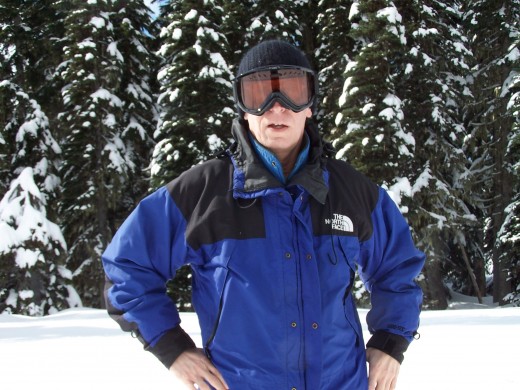
Brain Blockage
From Pete: “I’m stuck on a part of my book. Without getting into specifics, there is a situation one of my characters is facing, and I’m not sure what to do and how her response will affect the rest of the book. What should I do to un-stick my mind?”
How many writers out there have experienced the same thing as Pete? Let’s see a show of hands. Quite a few, as I suspected.
This falls under the category of shoulda, coulda, and woulda. This is where an outline of your story comes in pretty darned handy. If you have a detailed outline of your novel, then you won’t get stuck….but….most of us do get stuck, and few use a detailed outline to write a book, so, Bill, give us the answer, please!
Fine, you don’t have to be snippy.
What I do when a brain fart overcomes my creative process is I walk away from it. I close out my Word doc and I leave it alone. I tackle other projects, or I go for a walk, or I take a nap. A funny thing happens when I walk away from the problem. My subconscious mind never lets go of the problem, and even though I might be chopping wood, the problem is being tackled without me really thinking about it. Then I’ll be eating dinner and the solution will just pop into my head.
Honestly!
You are too close to the problem, Pete. Walk away!
Are these articles helpful to you?
More Next Week
I’m having fun, you’re having fun, the whole darned bunch of us is having fun, so I’ll have a new installment of the Mailbag for you next Monday. In the meantime, I want you thinking of some great questions so I can be thinking of some adequate-but-not-great answers to those questions.
TTFN
Bill
“Helping writers to spread their wings and fly.”




